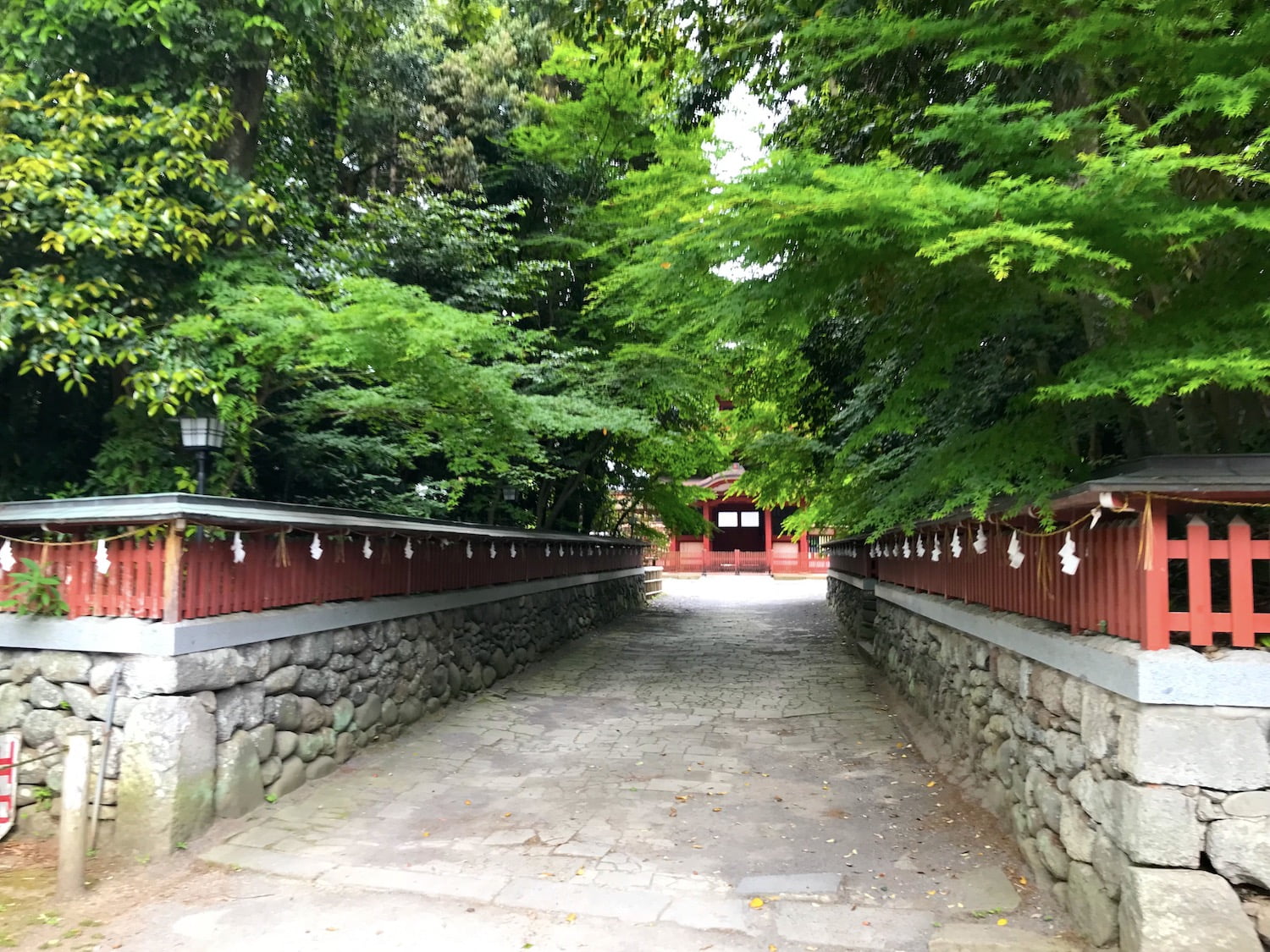
Komo jinja Shrine
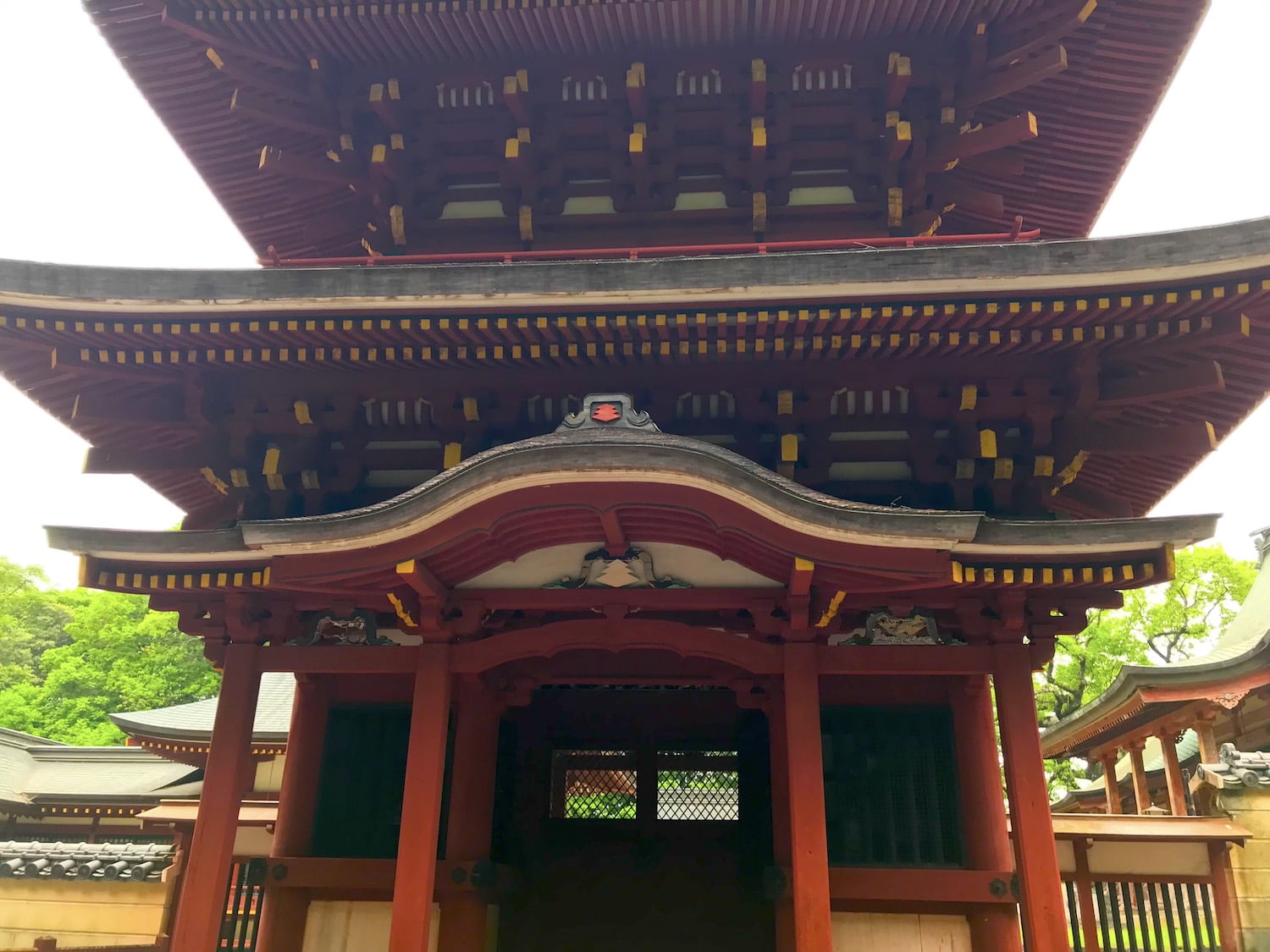
Komo jinja Shrine gate
Komojinja Shrine is a Hachimangu Shrine located in Nakatsu City, Oita Prefecture.
Osada Hachimangu Shrine is the same.
The Misumiike Pond (formerly known as Misumiike) on the grounds is the Inner Shrine.
The Shinto shrine is the Outer Shrine.
It is said to be the ancestor of Usa Jingu Shrine, the head shrine of all Hachimangu Shrines in Japan.
Ancient shrine said to have been founded during the Jowa era (834-848).
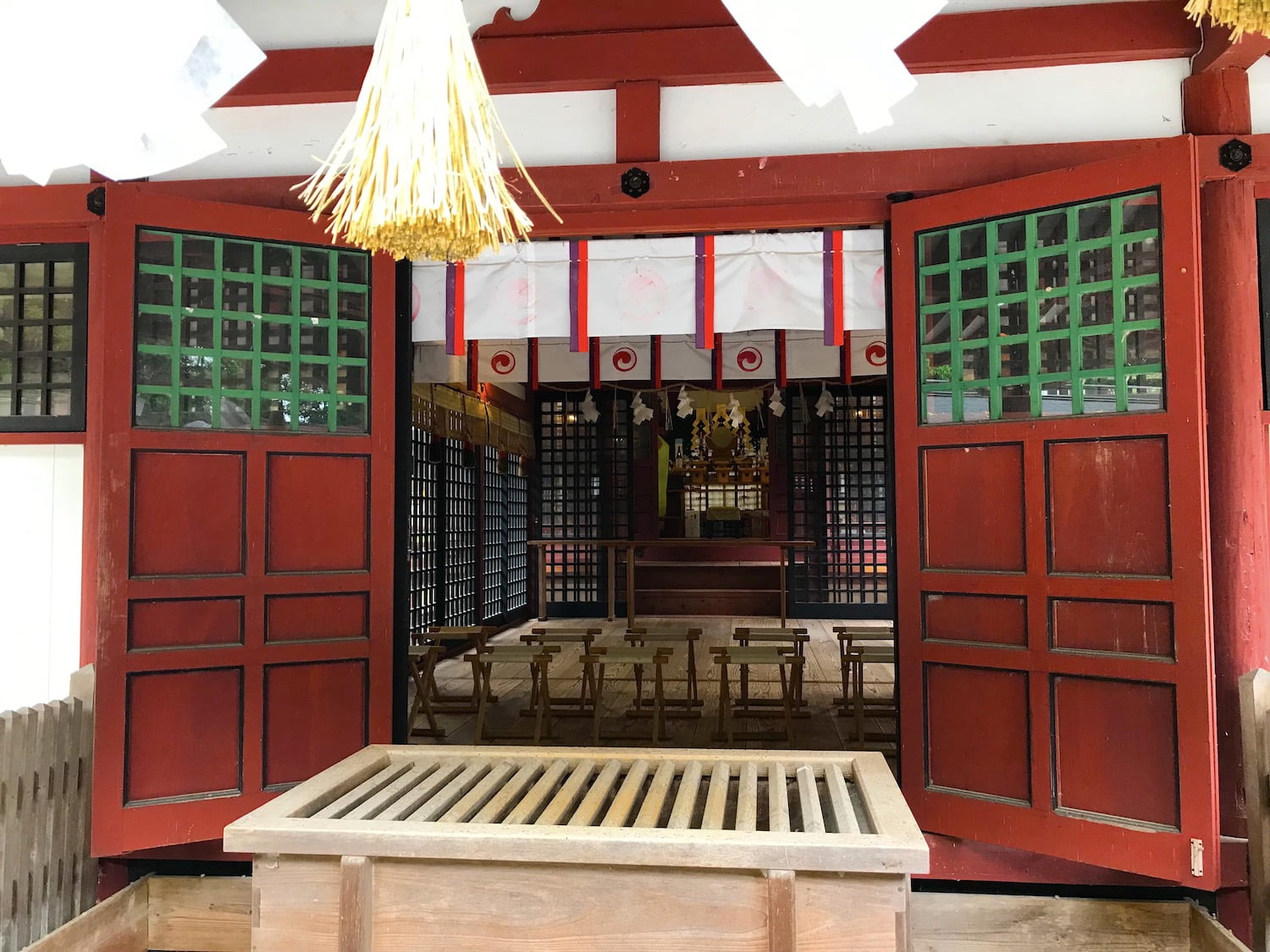
Komo jinja Shrine
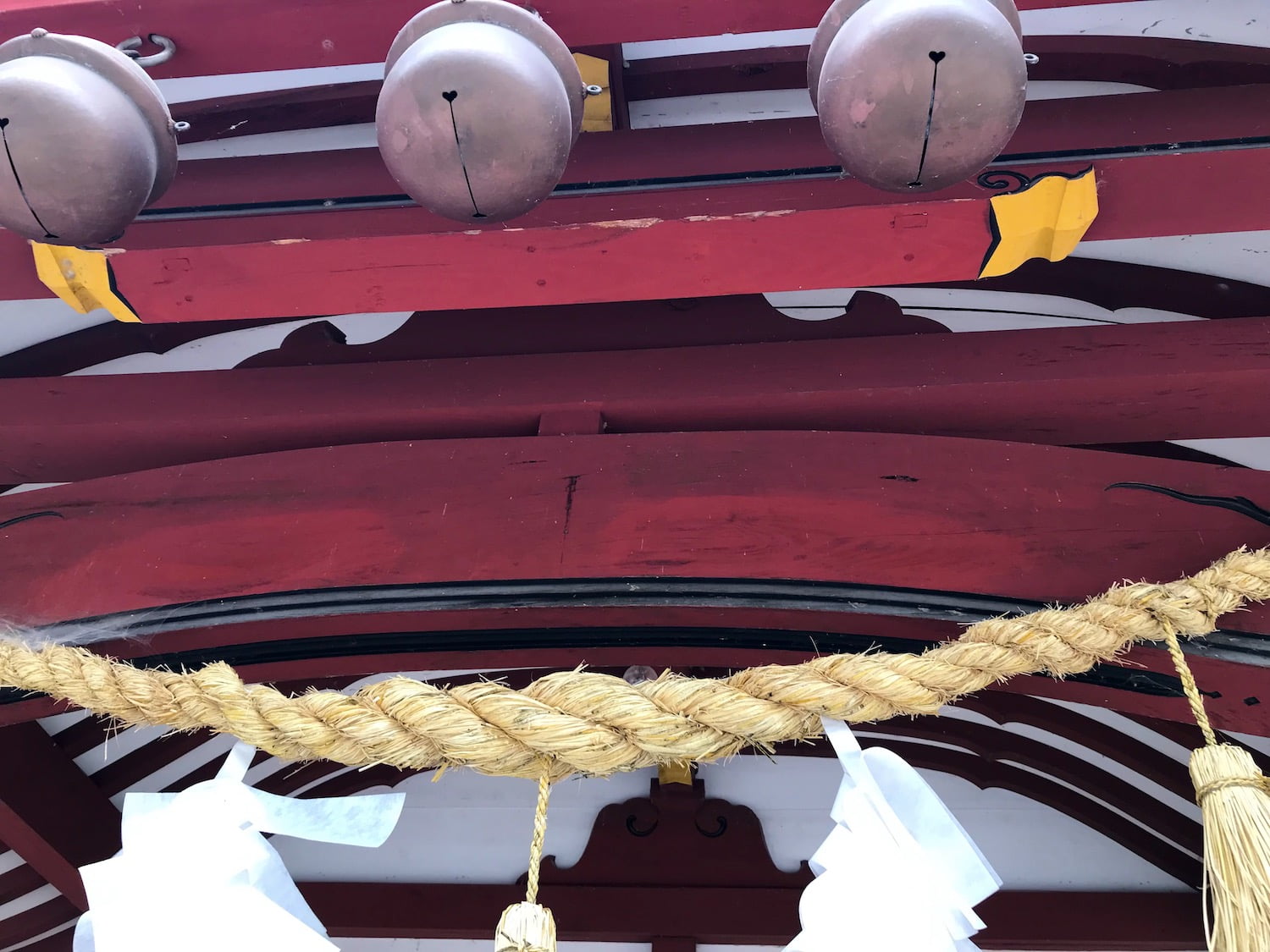
Komo jinja Shrine
Look at these shapes and colors.
I am always fascinated by the beauty and artistry of old shrines.
Japan is a truly ancient country.
I have respect for the pursuit of beauty from our ancient ancestors.
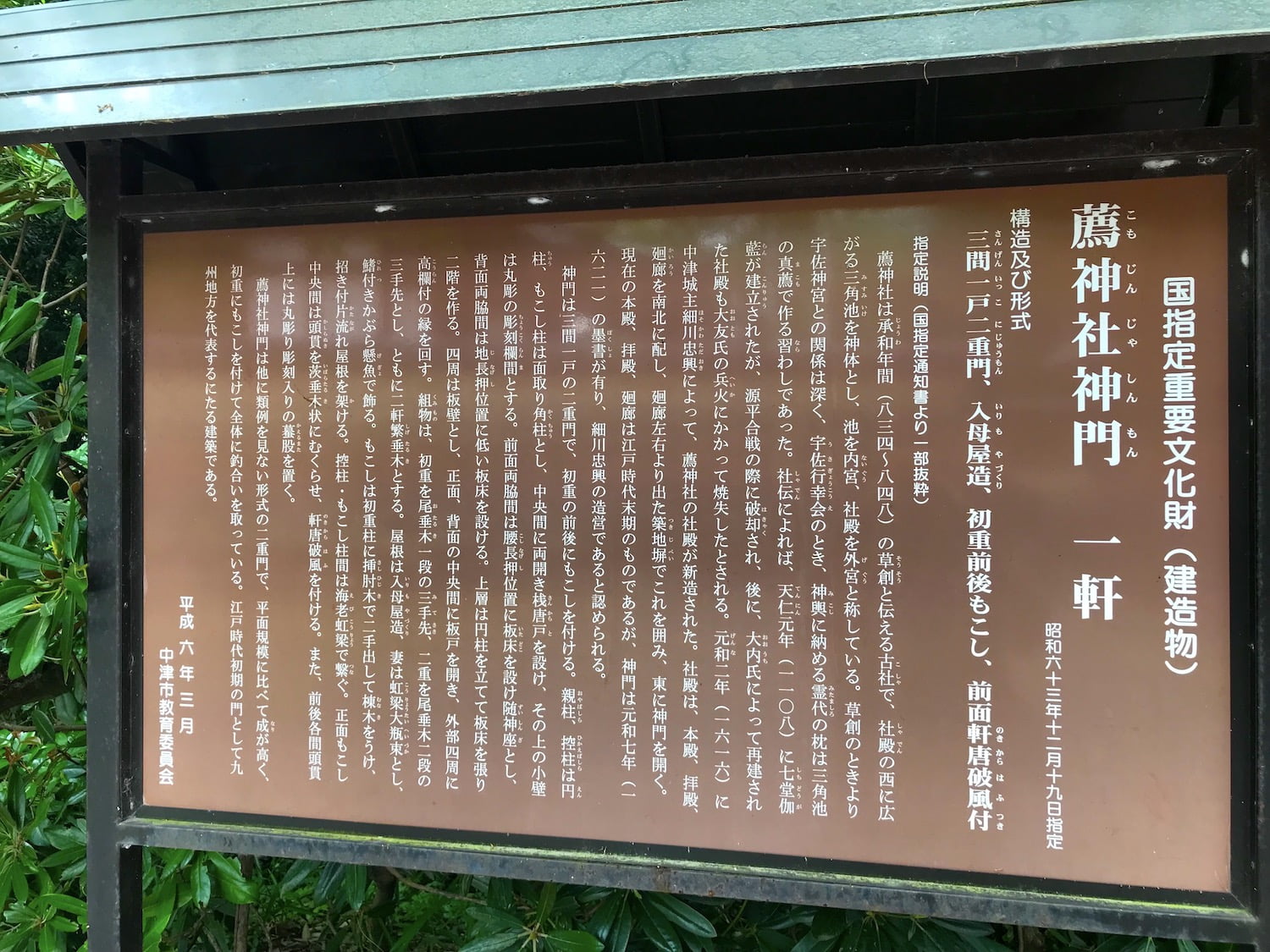
Explanation of Komo jinja Shrine
Kitaro, a restaurant specializing in conger eel nice lunch
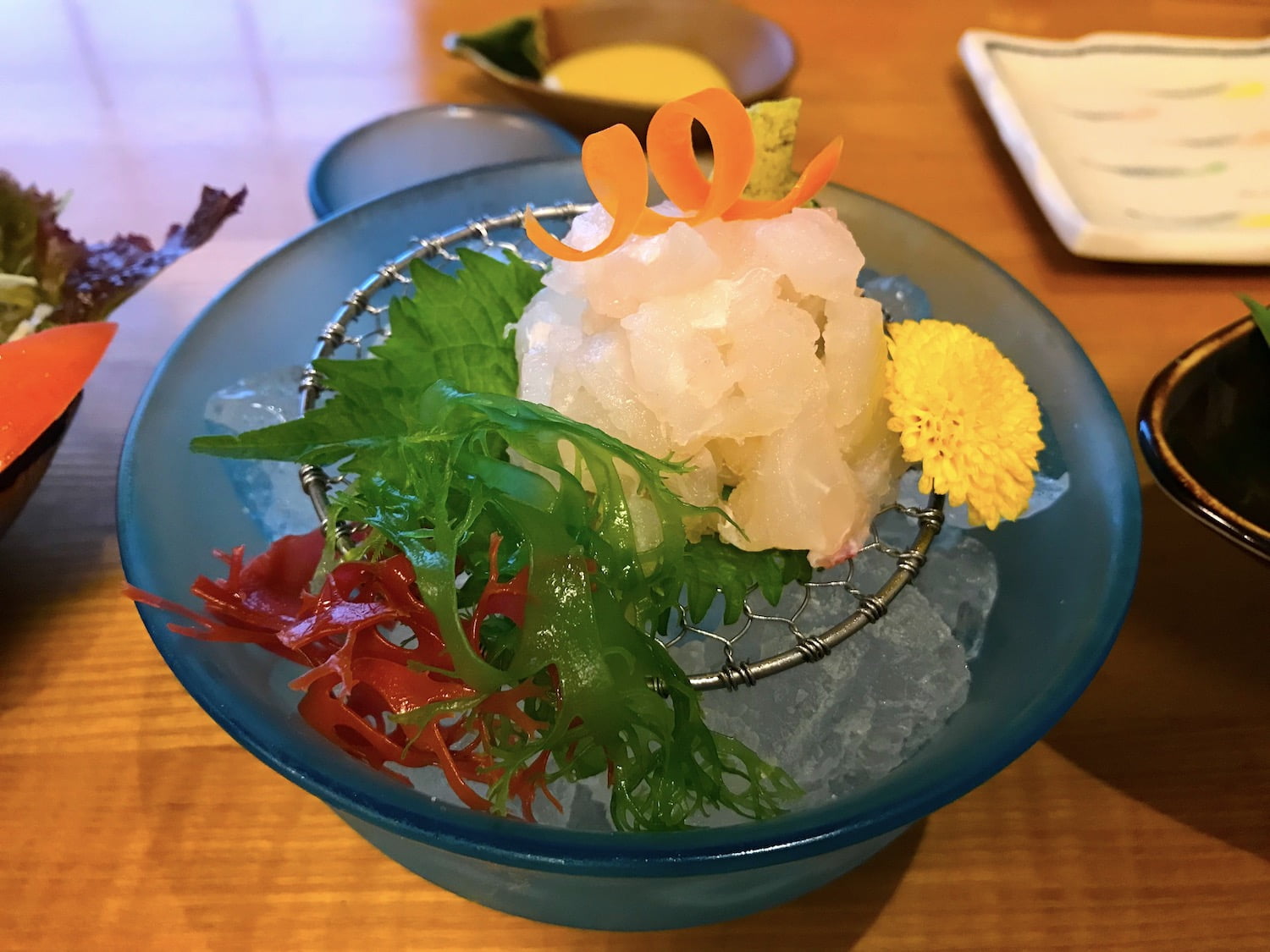
Kitaro, a restaurant specializing in conger eel
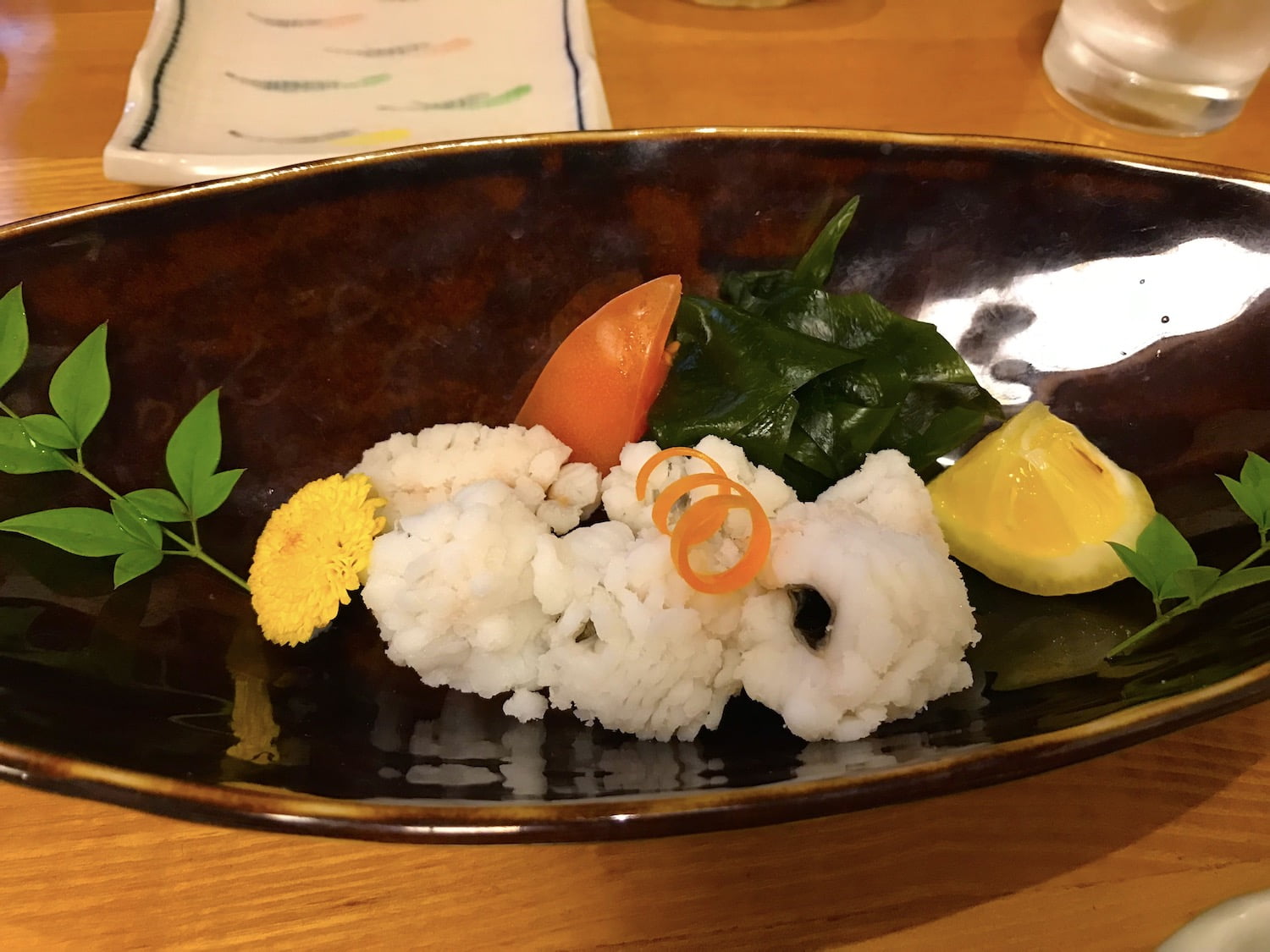
Kitaro, a restaurant specializing in conger eel
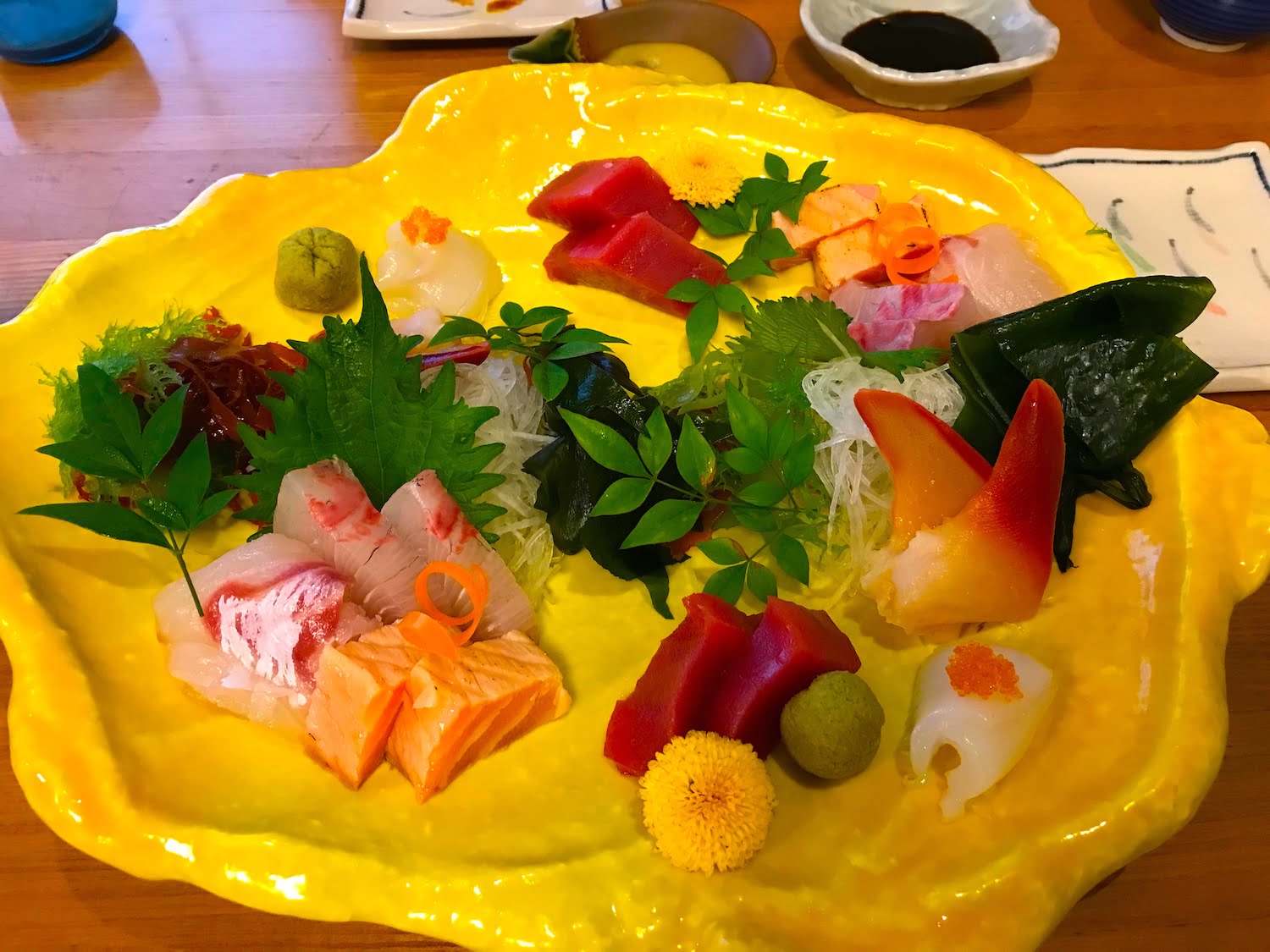
Kitaro, a restaurant specializing in conger eel
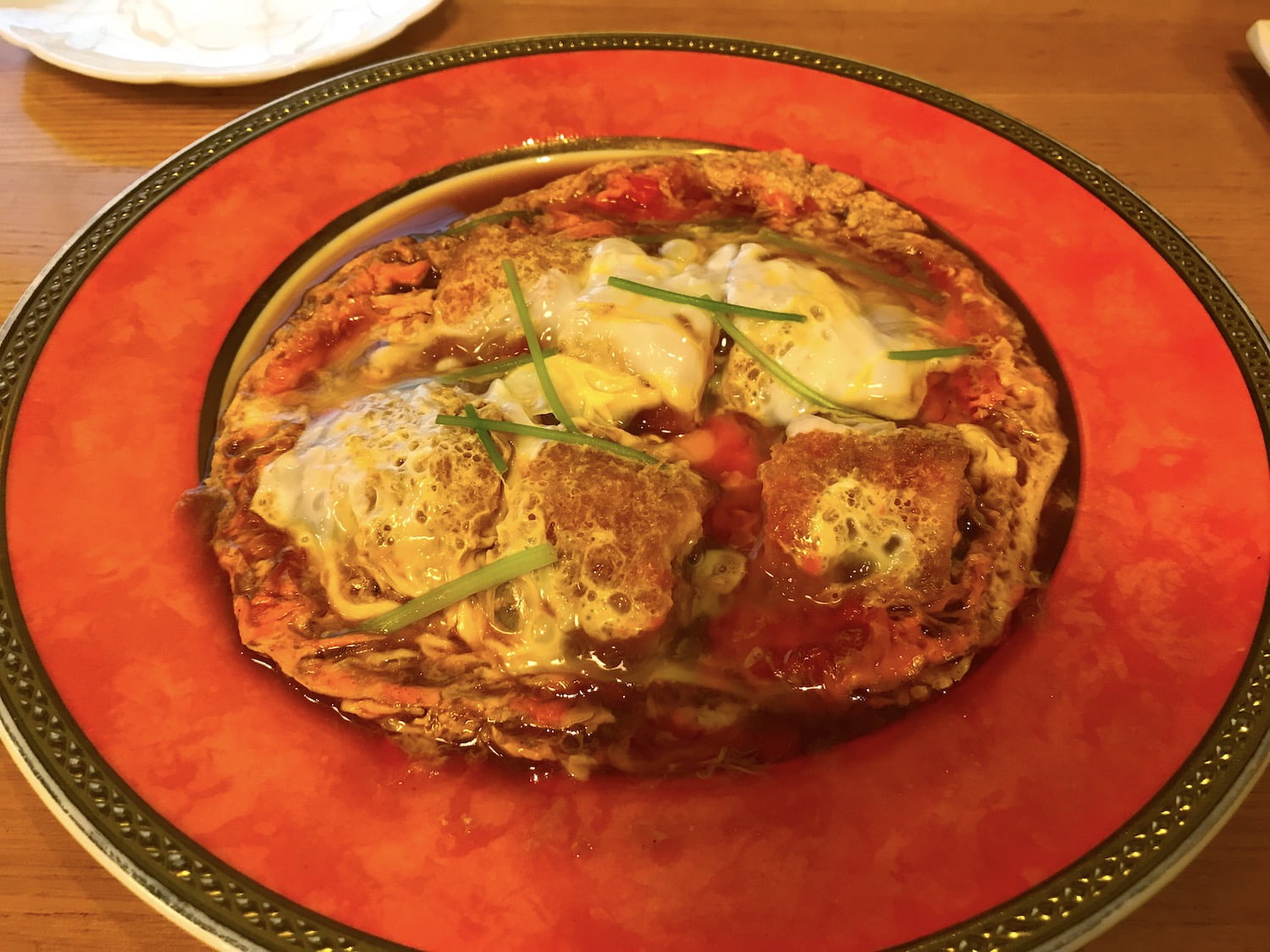
Kitaro, a restaurant specializing in conger eel
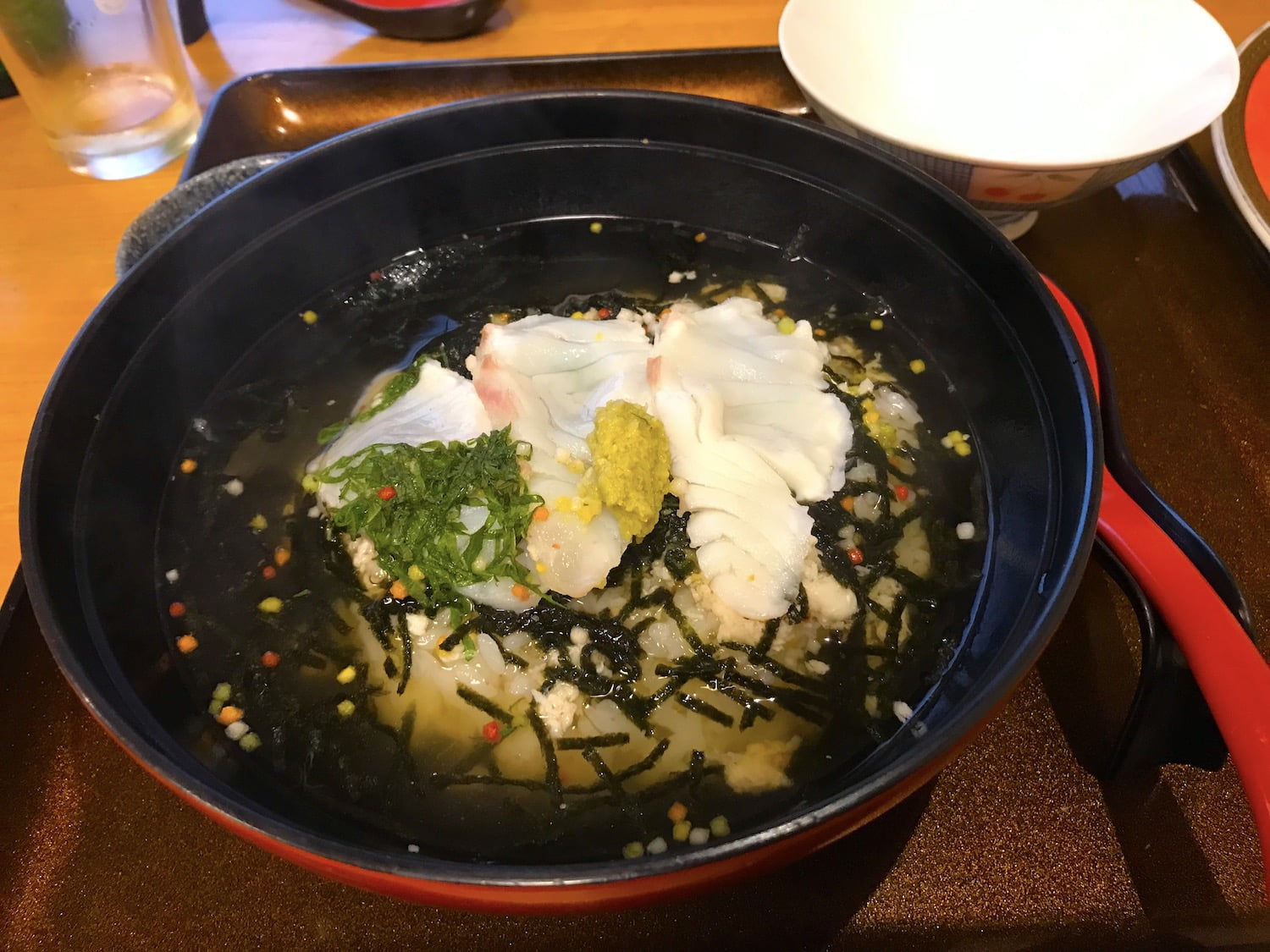
Kitaro, a restaurant specializing in conger eel
Sooooo Niceeee.
“Ubaga Futokoro” where to get the purest seawater

Ubaga futokoro
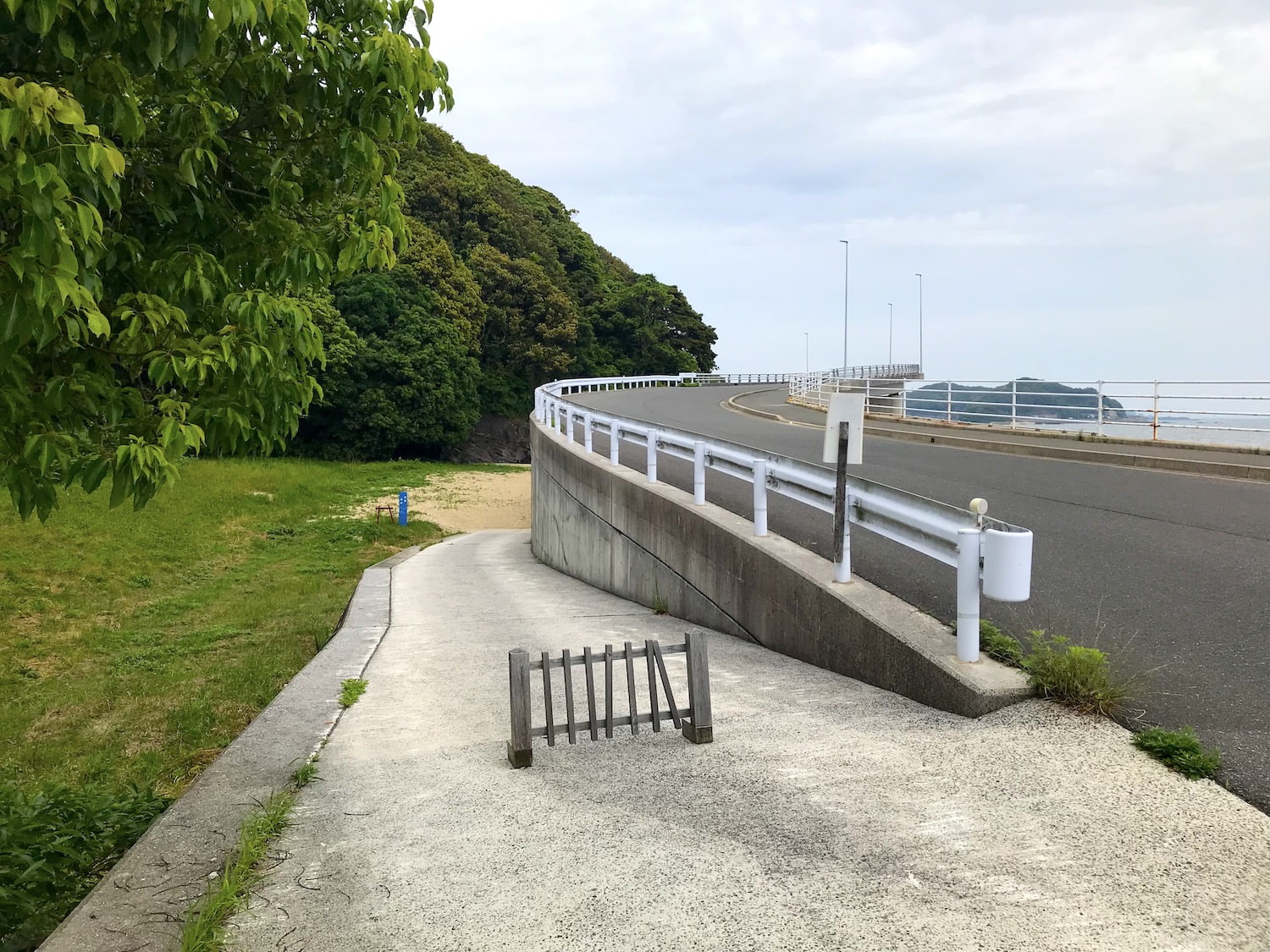
Ubaga futokoro
The traditional ritual of “Shioitori,” said to have more than 1,000 years of history at Hikosan Shrine (Soeda Town, Fukuoka Prefecture).

Ubaga futokoro
1st along a road stretching about 40km from the town to the coast of Kutsuo in Yukuhashi City.
The ritual on the coast is also a “secret ritual” where photography is not permitted.
Shioitori is a two-day annual festival in which people go to the Suo-Nada Sea to fetch purified water.
After this, the shrine holds a rice paddy ceremony to pray for good harvests and good health.
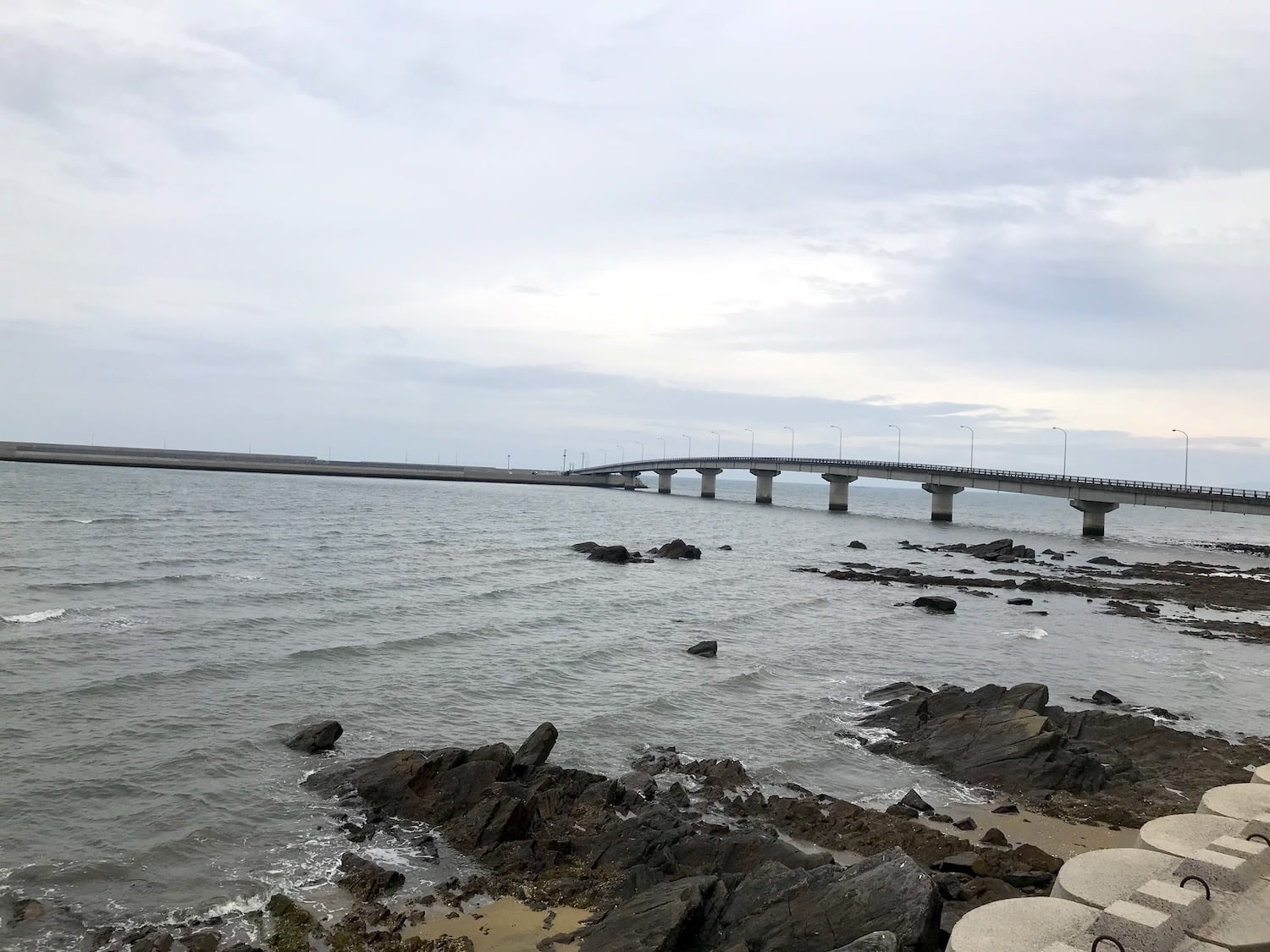
Ubaga futokoro
Tatsuhime jinja Shrine

Tatsuhime jinja Shrine
This is a shrine dedicated to Toyotama-hime.
Toyotama-hime is a goddess in Japanese mythology who appears in Kojiki and Nihon Shoki.
She is the daughter of the sea deity, Watatsumi, and the wife of Hoori.
She is grandmother of Emperor Jimmu, the first emperor of Japan.
My friend dropped me at the Kitakyushu Airport.
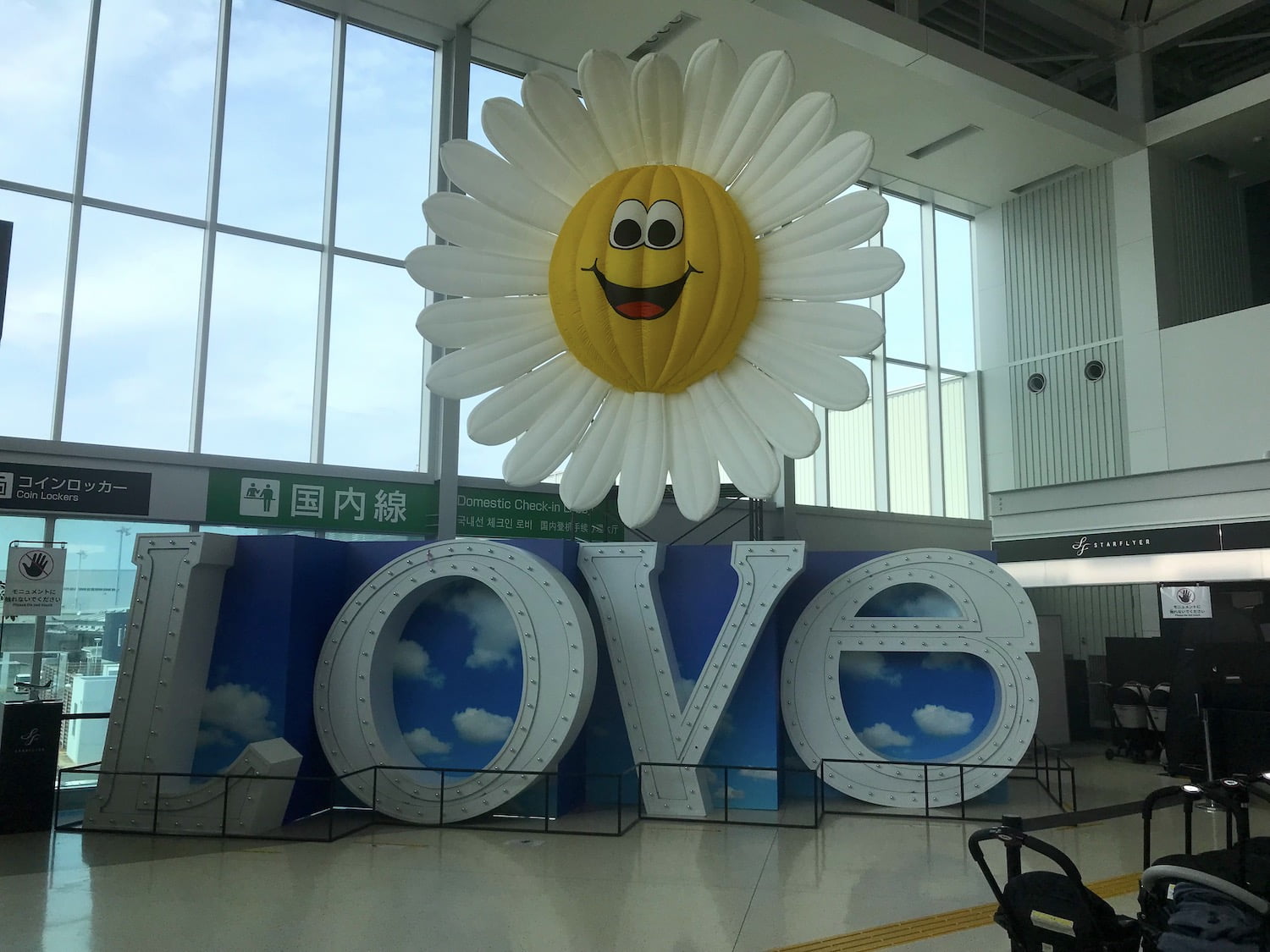
Object in KItakyushu airport
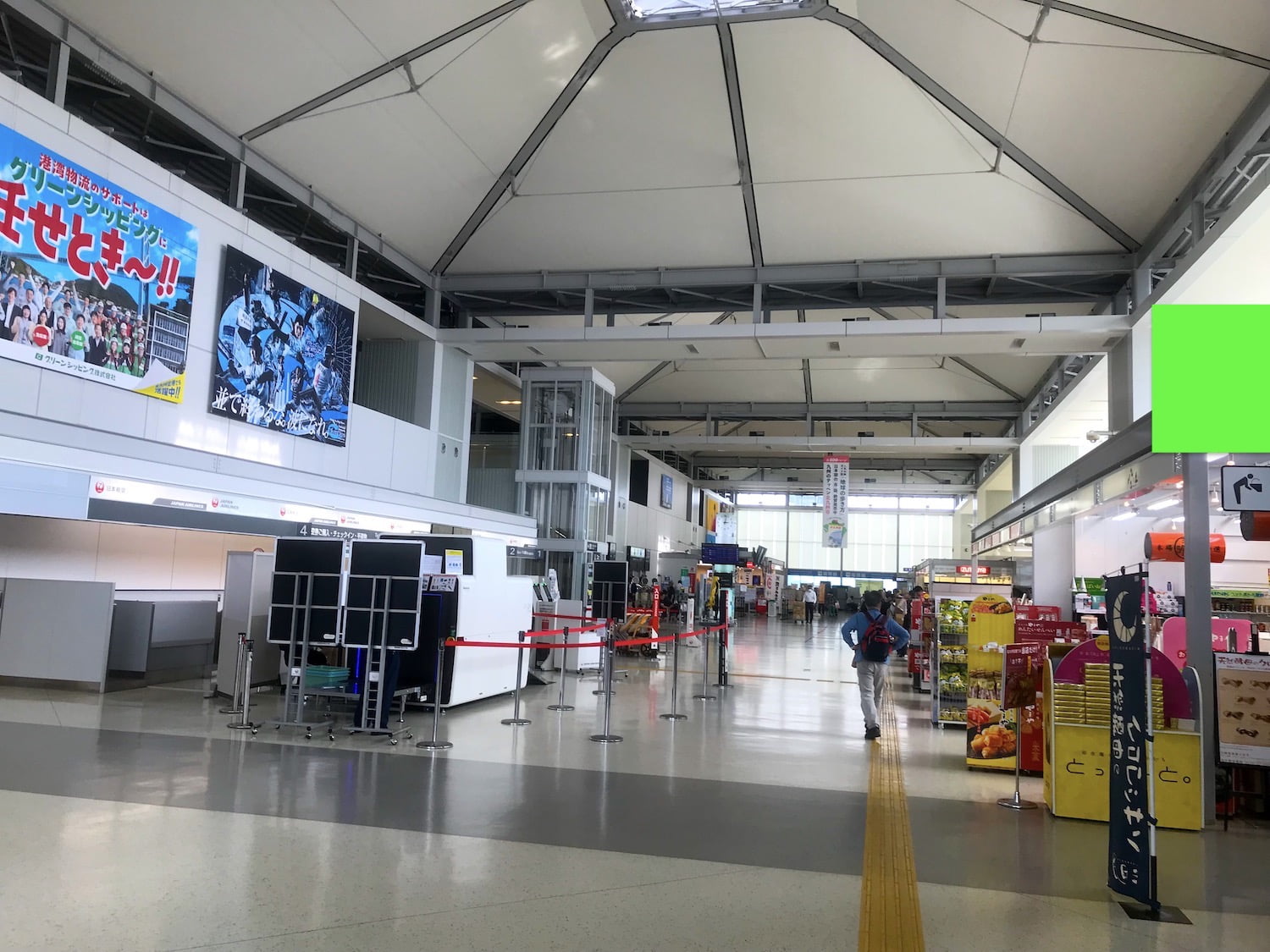
KItakyushu airport
Daily time there was few people.
I started my few days trip from Kagoshima to Kitakyushu.
Thanks to my friend and my wife.
I will be at my studio in Tokyo 3 hours later .
Bye Kyushu now.
Psalm 121:8
The Lord will keep your going out and your coming in from this time forth and forevermore.